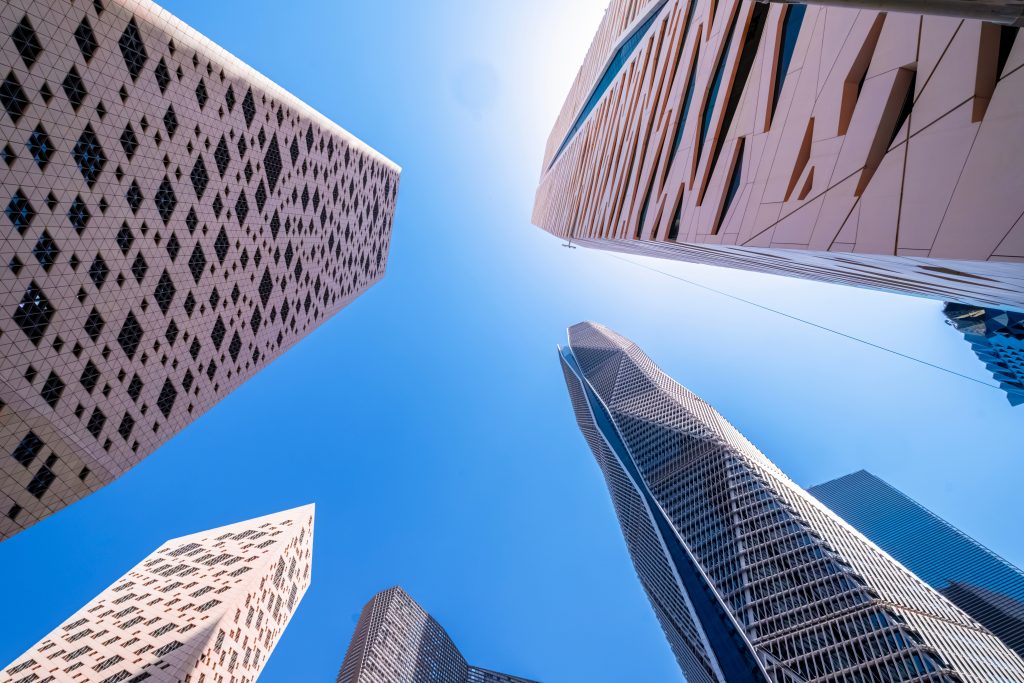The International Monetary Fund (IMF) recently released a positive report on Saudi Arabia after concluding Article IV consultations. The report commended Saudi Arabia’s financial and regulatory reforms for accelerating economic growth, controlling inflation, and significantly reducing unemployment.
The IMF highlighted the success of Saudi Vision 2030 in diversifying the economy and boosting non-oil activities. Employment rates have surpassed pre-Covid levels, with women’s participation in the labor market rising to over 35%, exceeding the 30% target set by Vision 2030.
Saudi Arabia’s long-term financing plans for Vision 2030 initiatives were praised for supporting growth while mitigating overheating risks. The Kingdom’s fiscal stability, low sovereign debt risks, and robust financial reserves were noted as key strengths.
Ongoing reforms, such as effective regulation implementation, fee streamlining, human capital enhancement, and improved governance, have spurred private sector growth and increased foreign direct investment. Significant progress in digital transformation and AI was also acknowledged.
The IMF lauded Saudi Arabia’s leadership in global forums and noted increased activity in the services sector, including transportation, trade, tourism, and finance, with consumption growth reaching 5.7%.
Foreign investment applications hit record levels in 2023, nearly doubling from 2022, with 330 companies applying to establish regional headquarters in the Kingdom. The banking sector’s strong solvency, liquidity, and resilience were highlighted, along with its profitability and competitiveness.
The Saudi Stock Exchange (Tadawul) index rose 14.2% in 2023, outpacing the Morgan Stanley Emerging Markets Index. The IMF emphasized the role of digital banks in enhancing financial inclusion and competitiveness.
Efforts to manage real estate lending risks, improve anti-money laundering measures, and enhance data analysis accuracy were also recognized. Increased non-oil revenues reflected effective reforms and improved customs procedures.
The non-oil sector is projected to grow by 3.5% in 2024, supported by strong domestic demand, while inflation is expected to remain stable at around 2%. Environmental reforms and the goal to achieve net zero carbon emissions by 2060 were praised, including a 30-year green hydrogen project in NEOM.
Saudi Arabia plans to build one of the world’s largest carbon capture and storage plants by 2027, with a capacity of 9 million tons of CO2 annually, aiming to sequester 44 million tons annually by 2035. Current efforts include sequestering 1.3 million tons of carbon annually through existing facilities.
